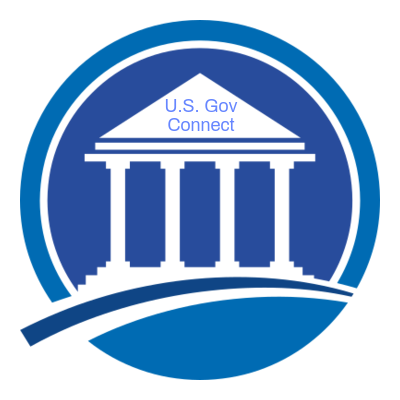One of the main reasons why a retired teacher may not receive spousal benefits is due to the "Government Pension Offset" (GPO) provision. The GPO affects individuals who receive a pension from a government job that did not require them to pay Social Security taxes. This provision reduces the spousal benefit by two-thirds of the pension amount received from the non-Social Security paying job.
The intention behind the GPO provision is to ensure that individuals who receive a government pension are not "double-dipping" by also receiving full spousal benefits from Social Security. While this rule aims to be fair, it can create a financial burden for retired teachers who rely on their spouse's Social Security benefits as part of their retirement plan.
However, it's important to note that not all retired teachers are affected by the GPO provision. Teachers who have paid into the Social Security system during their career, such as those who worked part-time jobs or during summer breaks, may still be eligible for spousal benefits. Additionally, some states have alternative retirement plans in place that allow their teachers to be exempt from the GPO provision. It is essential for retired teachers to understand their specific circumstances and any potential alternatives available to them.
If a retired teacher finds themselves in a situation where they are ineligible for spousal benefits, there are other avenues they can explore to improve their financial situation. One option is to continue working in a job that pays into Social Security, thus accumulating credits and potentially becoming eligible for benefits on their own. This could involve part-time work, freelancing, or starting a small business.
Additionally, retired teachers can explore other retirement income sources, such as individual retirement accounts (IRAs), pensions from other jobs, or investment portfolios. Diversifying one's retirement income can provide additional financial stability and mitigate the impact of not receiving spousal benefits.
Lastly, retirees affected by the GPO provision can also consider seeking financial advice and guidance from professionals specializing in Social Security and retirement planning. These experts can help retirees navigate the complex rules and regulations concerning spousal benefits and explore alternative strategies to optimize their retirement income.
While it can be disheartening for a retired teacher not to receive spousal benefits, particularly after a long and dedicated career in education, it is important to remember that there are options and alternatives available. By understanding the rules surrounding the GPO provision, exploring alternative retirement income sources, and seeking professional guidance, retired teachers can take steps to secure their financial future and enjoy a fulfilling retirement.
.










